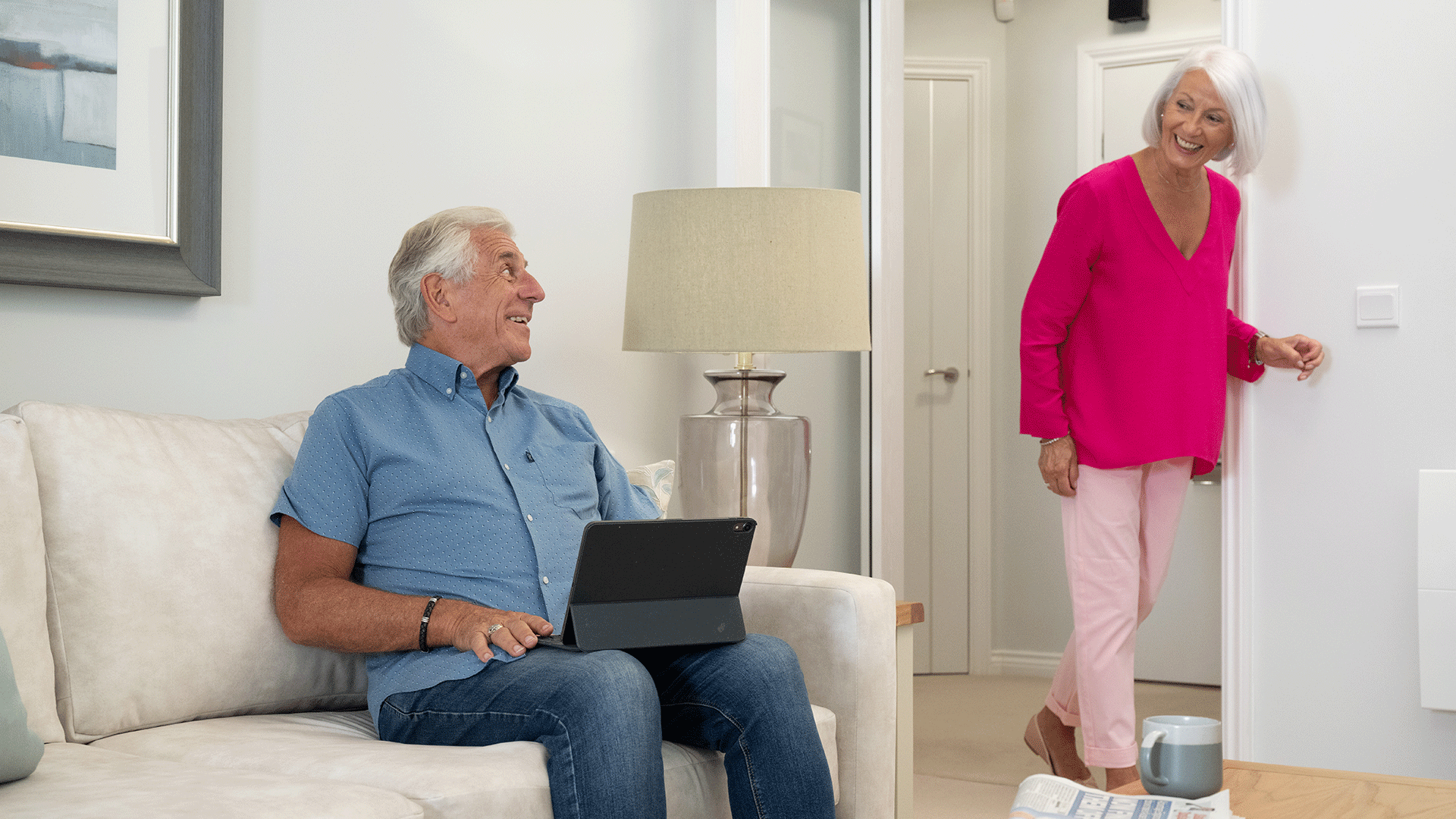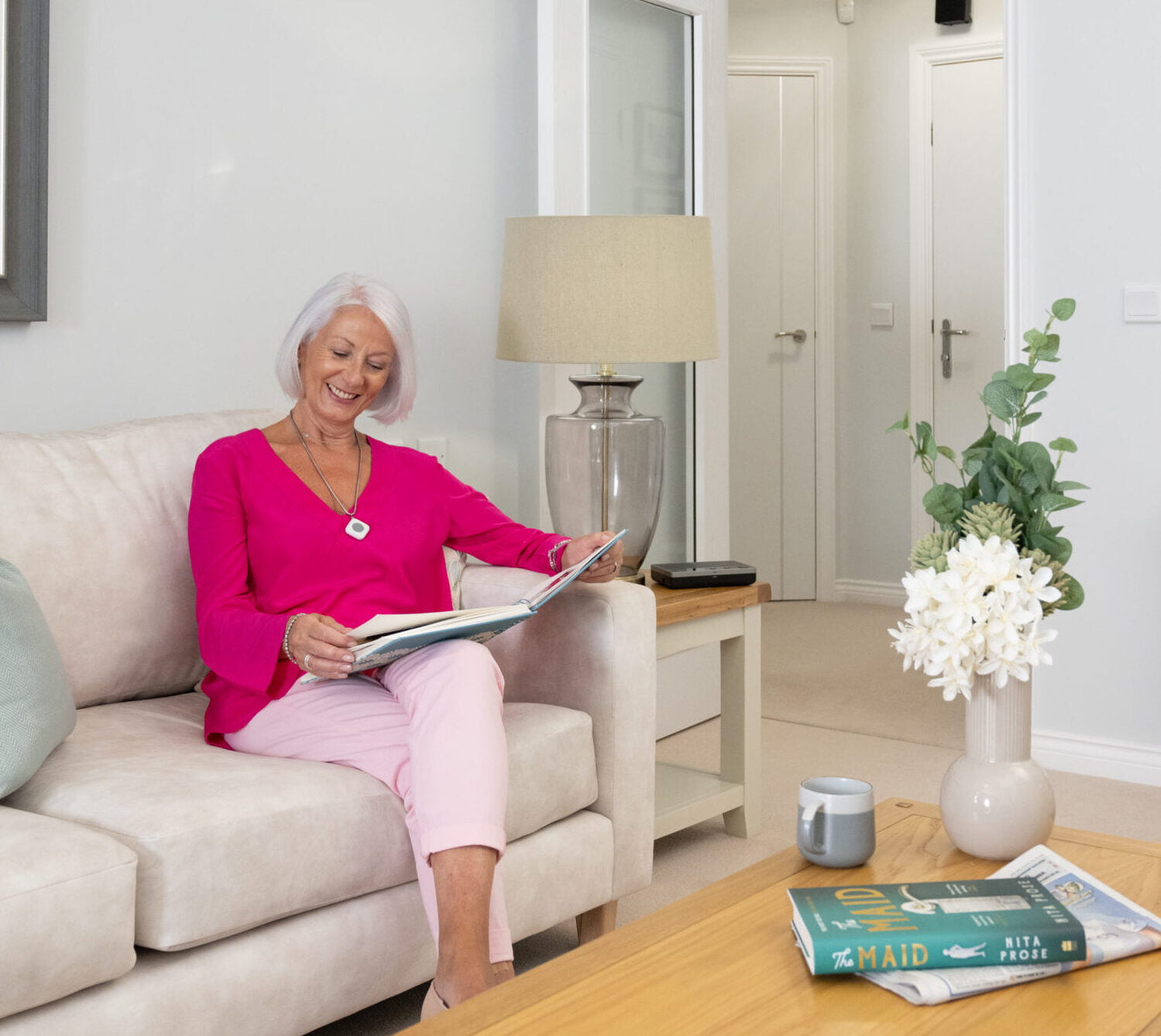
Churchill's Guide to Attendance Allowance
A little extra money can go a long way in looking after yourself and staying independent in your retirement - so it's important to claim everything you can!

Attendance Allowance
Attendance Allowance (AA) is a benefit for older people who need extra help staying independent at home due to an illness or disability. There are two weekly rates:
- £72.65* (lower rate) if you need help during the day OR night
- £108.55* (higher rate) if you need help during the day AND night
These rates don't depend on your income or savings, they only depend on the help you need.
You don't have to actually be receiving any help to claim Attendance Allowance, and it doesn't have to be spent on a carer, you can use it anyway you like.
Can I claim it?
You can claim AA if the following all apply to you:
- You're over State Pension age
- You have any type of disability, illness or long-term health condition (including sight or hearing impairments)
- You would benefit from help with things like dressing and washing, or from supervision to keep you safe
- You've needed help for at least 6 months (unless you have a terminal illness in which case you can claim straight away)
- If you're already claiming Disability Living Allowance or Personal Independence Payment, you'll continue to receive these payments after you reach State Pension Age. If you've been asked to claim AA instead, get in touch with your local Age UK for advice
Tips on applying for Attendance Allowance
Most decisions about AA claims are based solely on what you write in the claim form - so be clear about your needs. Give details about all the things you can't do or have trouble with because of your condition.
Tips for filling in the form:
- If you have good and bad days, give details of one of the bad days and explain how often they happen
- Give plenty of information in your own words about your personal circumstances - and don't worry if you feel you're repeating yourself
- List the things you struggle to do without help, even if you've developed your own way to cope. Say if an activity takes you much longer that it would take somebody without a disability or illness, or if it's difficult for you to do safely. If you need reminding or encouraging to do things, mention this too
- Explain how often you need help. To qualify for the lower rate of AA, you have to show you need help 'frequently' during the day or at night
- Describe any accidents, falls or times you've hurt yourself
- Attach any supporting information like doctor's letters, prescription lists or your care plan
Common care needs to consider
When explaining your care needs think about whether you need help with:
- Communicating
- Washing, bathing or looking after your appearance
- Going to the toilet
- Eating and drinking
- Taking medication or monitoring a medical condition
- Getting around safely
It might be that you could do with having someone around to keep an eye out in case of an accident, or to remind you to do things like lock the front door or turn off the hob.

Bear in mind that decisions about AA claims don't usually take into account any problems you might have with housework, shopping and gardening - so although you might include them in your application, you shouldn't focus on them.
Next steps
You can get a claim form by calling the AA helpline on 0800 731 0122. Alternatively, you can download a form on the Government website. Call Age UK Advice on 0800 169 6565 or ask your local Age UK to see if they can help increase your chances of claiming successfully.
What if my application is unsuccessful?
If your AA application is turned down you can question the decision and may be successful on appeal.
Also remember that your needs may change, if you're not eligible right now you may be able to claim successfully in the future.
Myth-Buster
"I can't claim AA because I don't have a carer"
AA is based on the support you need, not any support you actually receive. You can spend the allowance on whatever you choose.
*Rates at time of publishing, April 2024
